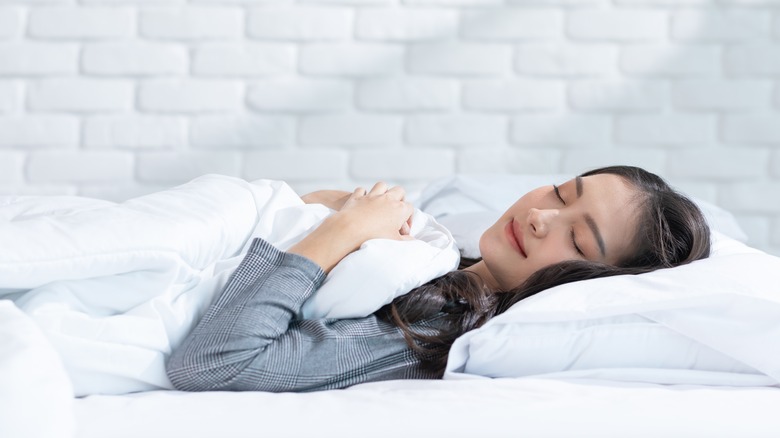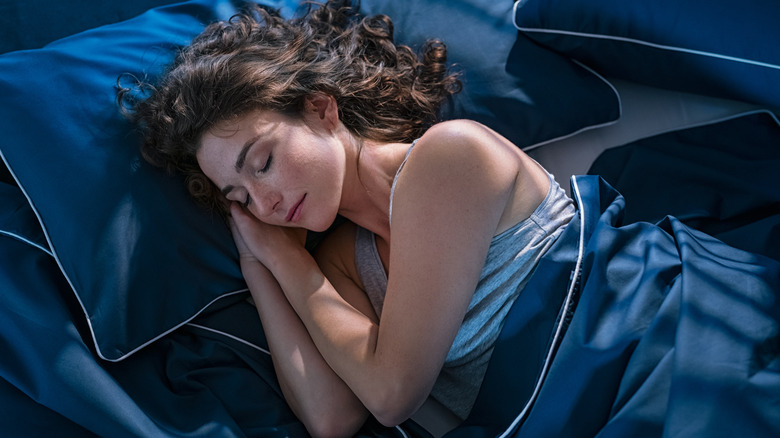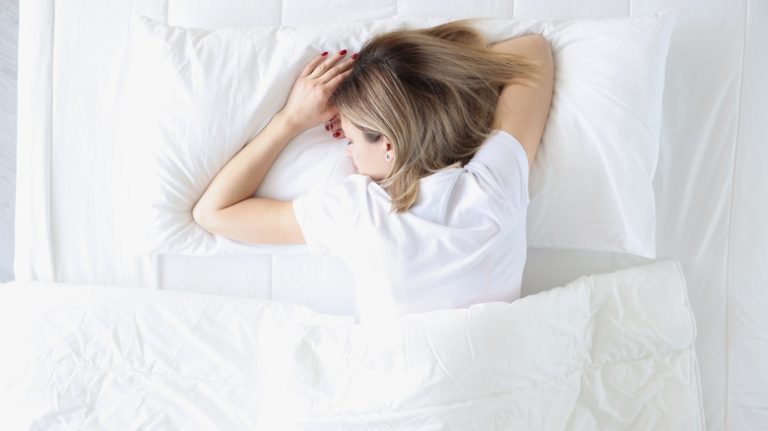As of 2024, we are officially three years into the life-altering COVID-19 pandemic that made its destructive presence known worldwide. Looking back, it may not feel that long ago when news first broke of the pandemic. While many of us were quarantined in our homes, the fate of our future was uncertain; and we waited impatiently to see a light at the end of the tunnel.
Researchers started working on a COVID-19 vaccine shortly after the pandemic began and had been studying ways to combat coronaviruses for years before, as reported by the U.S. Department of Health & Human Services. With the knowledge gained from prior research, they were able to develop a vaccine more quickly. According to the Centers for Disease Control and Prevention (CDC), the Food and Drug Administration (FDA) has approved four vaccines for distribution, including the mRNA vaccines, Pfizer-BioNTech and Moderna; the protein subunit vaccine, Novavax; and the viral vector vaccine, Johnson & Johnson’s Janssen.
Some people wonder how effective COVID-19 vaccines are in preventing the contraction of the virus. Studies indicate that individuals who stay up to date with their COVID-19 vaccines have a decreased risk of life-threatening symptoms, hospitalization, and death following infection, according to the CDC. However, vaccinated people can still catch COVID-19, so it’s wise to regularly wash your hands and take other precautions (per Washington State Department of Health).
In a recent study, researchers sought to understand whether someone’s quality of sleep following COVID-19 vaccination could be related to the vaccine’s effectiveness.
Does sleep make the COVID-19 vaccine more effective?

In a 2025 meta-analysis published in Current Biology, researchers compared the number of antibodies in a person’s system following COVID-19 vaccination to how much sleep they received at night. Antibodies are Y-shaped proteins produced naturally by the immune system when someone is infected with a virus, as explained by the COVID-19 Prevention Network. They are also present in the body after receiving a COVID-19 vaccination.
The results of the meta-analysis suggested that individuals who slept at least seven hours a night produced more antibodies than “short sleepers” who slept less than six hours a night, as reported in a news release covering the study. A sex difference was also observed, with the results in men being more consistent and the results in women having more variability.
As a consequence of fewer antibodies being produced, the vaccine won’t remain effective for as long as it should. The deficit seen in those with insufficient sleep was equivalent to two months of natural decline of antibodies. “Good sleep not only amplifies but may also extend the duration of protection of the vaccine,” senior author and professor emeritus at the University of Chicago, Eve Van Cauter, shared in the news release.
Evidence from this study highlights the importance of sleeping well after receiving a COVID-19 vaccine. However, many people have a hard time falling and staying asleep at night. What can these individuals do to ensure that they sleep well enough to encourage antibody production?
Getting a better night’s rest after a COVID-19 vaccination

Getting adequate sleep is one of the most basic needs of humans and animals. If you’re someone who tosses and turns at night with non-stop worries about the responsibilities of the next day, you know how difficult it can be to get to sleep, even when you desperately need to. Knowing that a good night’s sleep could improve the effectiveness of your COVID-19 vaccine may inspire you to learn about ways you can improve your quality of sleep at night.
Luckily, you can incorporate healthy sleep habits into your daily routine to increase your chances of sleeping peacefully. According to Healthline, getting enough natural sunlight during the day can help you sleep better at night. Spending time in the sun balances your circadian rhythm, which improves sleep quality. Another habit that can help you sleep better at night is exercising during the daytime.
It’s helpful to create a regular sleep schedule by going to bed and waking up at the same time each day, as explained by the American Academy of Sleep Medicine. Before going to sleep, you should also avoid bright lights, turn off electronic devices, and refrain from drinking alcohol and other fluids.
For those who still need assistance falling and staying asleep, natural sleep aids like melatonin, ginkgo biloba, and valerian root are available options (per Healthline). If you continue to have disturbed sleep patterns, reach out to your doctor so they can assess for potential sleep disorders.

